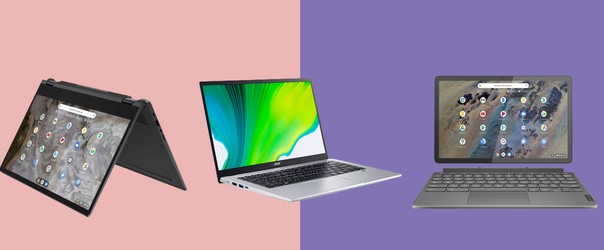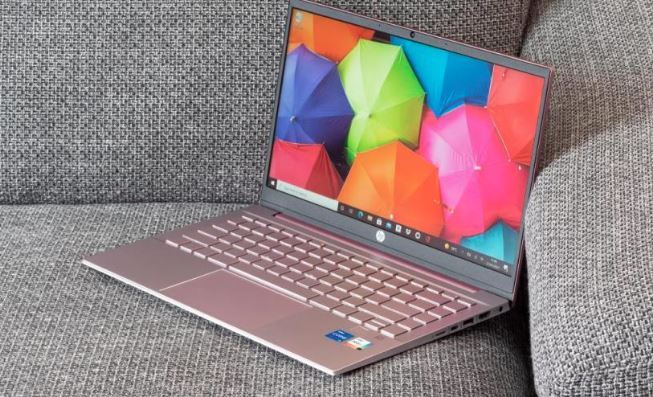In today’s digital age, laptops for children have become essential tools for education, creativity, and entertainment. As parents and guardians, selecting the right laptop for your child can be a pivotal decision that influences their learning journey and leisure activities. In this article, we will discuss the key factors to consider when choosing laptops for children, emphasizing their educational value while also touching upon responsible online gaming, including online casino sites.

1. Age-Appropriate Design and Durability
When searching for a laptop for a child, the first consideration should be the laptop’s design and durability. Children can be more prone to accidents and spills, so opting for a laptop with a rugged, spill-resistant, or shockproof design is a wise choice. Additionally, laptops with colorful, kid-friendly designs can make the learning experience more engaging for younger children.
2. Operating System
The choice of operating system can significantly impact a child’s computing experience. There are three primary options to consider:
- Windows: Windows laptops offer a wide range of software and compatibility, making them suitable for various educational applications. They are versatile but may require more parental supervision.
- macOS: Apple laptops, running on macOS, are known for their user-friendly interface and integration with other Apple devices. They are popular among older children and teenagers.
- Chrome OS: Chromebooks are budget-friendly laptops that run on Google’s Chrome OS. They are highly secure, easy to use, and designed primarily for web-based activities, making them suitable for younger children and educational purposes.
3. Performance
The laptop’s performance should align with your child’s age and computing needs. For younger children focusing on basic tasks like web browsing and educational games, a budget-friendly laptop with modest specifications may suffice. Older children and teenagers may require laptops with more processing power for tasks like research, content creation, and school projects.
4. Display and Size
Consider the size and display quality of the laptop. Smaller laptops with compact screens (around 11 to 13 inches) are more portable and suitable for younger children. Older children may benefit from larger screens for better visibility during online classes or while working on assignments. Ensure that the laptop’s display is easy on the eyes with adequate resolution.
5. Battery Life
Long battery life is essential, especially for students who may need to use their laptops for extended periods without access to charging outlets. A laptop with a battery life of at least 8 hours is ideal for children, as it ensures they can complete their schoolwork and enjoy entertainment without interruptions.
6. Parental Controls
Parental controls are a crucial feature for laptops used by children. These controls allow parents to monitor and restrict access to specific websites, apps, and content, ensuring a safe online environment. Many operating systems, such as Windows and macOS, offer built-in parental control features, while third-party software options are also available.
7. Online Safety
When introducing children to laptops, it’s essential to educate them about online safety. Teach them about the importance of not sharing personal information, recognizing online threats, and behaving responsibly in digital spaces. Additionally, consider installing security software to protect against malware and phishing threats.
8. Educational Software and Content
Laptops for children should be equipped with educational software and content that aligns with their learning objectives. Explore educational websites, interactive learning platforms, and age-appropriate apps that can aid in their academic development. Encourage a balance between educational and recreational screen time.
9. Responsible Gaming and Online Casino Sites
As children grow older, they may show an interest in online gaming, including online casino sites. While it’s essential to allow children to explore their interests, responsible gaming practices should be emphasized. Parents can:
- Set time limits for gaming and online activities to prevent excessive screen time.
- Monitor the games and websites their children visit to ensure they are age-appropriate.
- Educate children about the risks associated with online gambling and the importance of responsible gaming behavior.
- Keep an open line of communication with children to address any concerns or questions related to online gaming.
10. Budget
Determine a reasonable budget for the laptop based on your child’s age, needs, and the available options in the market. While high-end laptops may offer advanced features, there are budget-friendly alternatives that provide excellent performance for educational purposes.
Conclusion
Selecting the right laptop for your child is a decision that involves considering various factors, including design, operating system, performance, and online safety. By choosing age-appropriate laptops, implementing parental controls, and promoting responsible online behavior, you can provide your child with a safe and productive computing environment.
It’s also important to recognize that as children grow, their interests and activities may evolve. Responsible guidance and communication are key to ensuring that laptops are used for both educational purposes and leisure activities, including online gaming like online casino sites, in a balanced and responsible manner. With the right laptop and a supportive approach, you can empower your child to excel academically and navigate the digital world with confidence.




